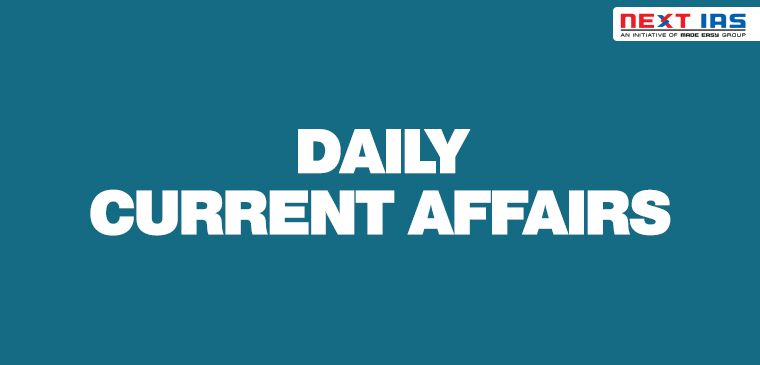
In News
Released by the U.S. State Department, submitted each year to the U.S. Congress and contains a country-wise discussion of the state of human rights.
- Also, Freedom in the World 2021 report which was released in March 2021, had downgraded India’s status from ‘Free’ to ‘Partly Free’.
Major findings of the Report
- Concern about Detention of Journalists: The instances of harassment and detention of journalists that are critical of the Indian government’s acts and policies has continued, although the government generally respected the freedom of expression.
- It states restrictions on the press, including violence, threats of violence, or unjustified arrests or prosecutions against journalists.
- Encroachment on Personal Data: Government’s requests for user data from Internet companies had increased “dramatically.”
- The government made 49,382 user data requests in 2019 from Facebook, a 32% increase from 2018. Over the same period, Google requests increased by 69%, while Twitter requests saw a 68% increase.
- Unlawful Detention: The report takes note of the April 2020 detention of protesters against the citizenship laws and various other incidents under the Unlawful Activities Prevention Act 1967.
- Detention of politicians under the Jammu & Kashmir’s Public Safety Act 1978, was also mentioned
- Violation of Religious Freedom: Tolerance of violations of religious freedom; crimes involving violence and discrimination targeting members of minority groups including women based on religious affiliation or social status.
- Situation in J&K: The report also noted there was an improvement in the human rights situation in Jammu and Kashmir and further government continued taking steps to restore normalcy in Jammu and Kashmir by gradually lifting some security and communications restrictions.
- The government partially restored internet access; however, high-speed 4G mobile internet remained restricted in most parts of Jammu and Kashmir.
- Extrajudicial Killings: It mentioned that the government or its agents committed arbitrary or unlawful killings, including extrajudicial killings of suspected criminals and insurgents.
- Restrictive rules: Report mentioned the overly restrictive rules on nongovernmental organisations; and forced and compulsory child labour, as well as bonded labour.
|
Human Rights
Protection and Promotion of Human Rights in India
Steps taken by government during the Pandemic to ensure rights
|
Source: TH
Previous article
New Development Bank (NDB)
Next article
Facts in News